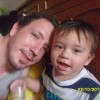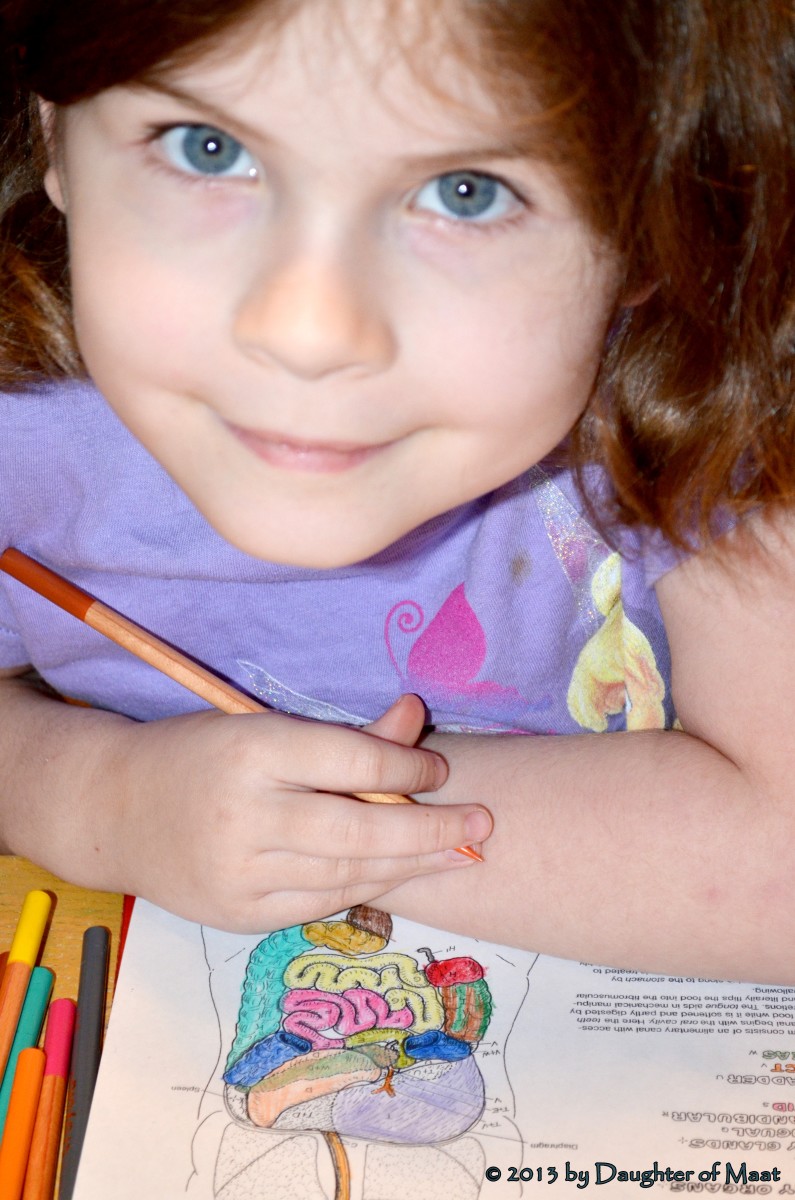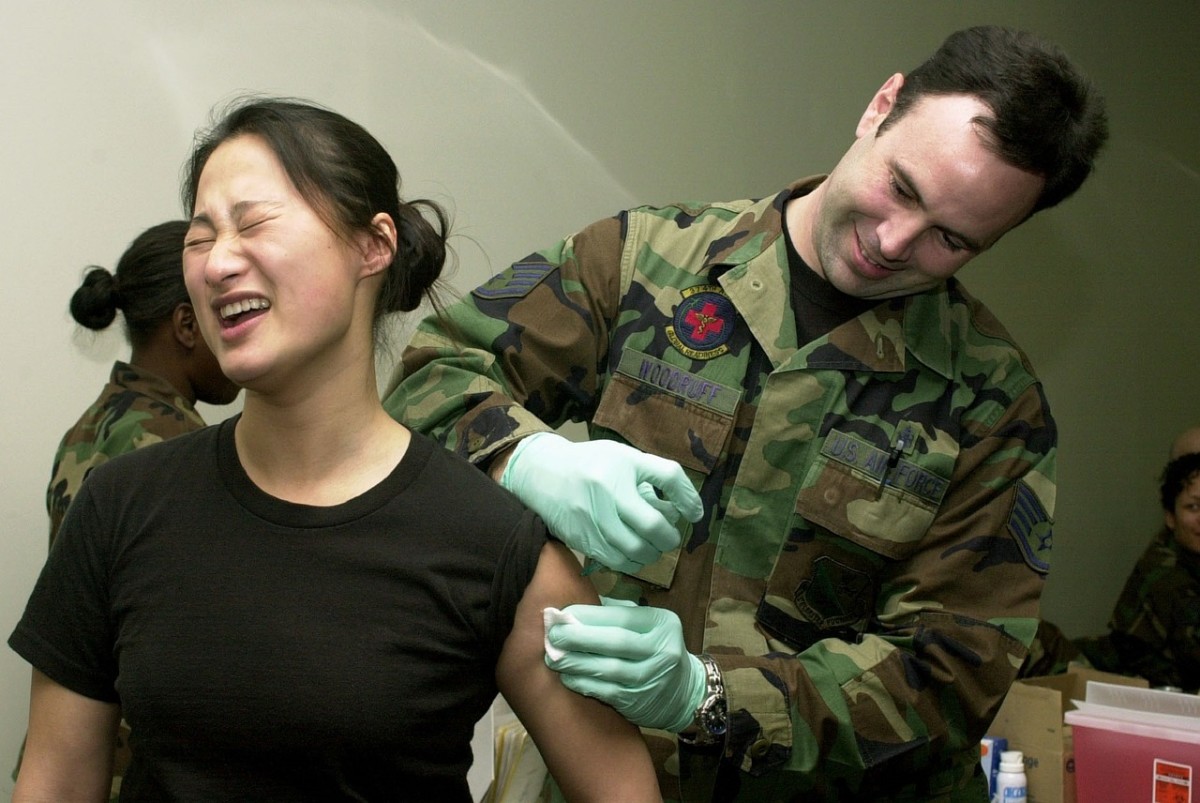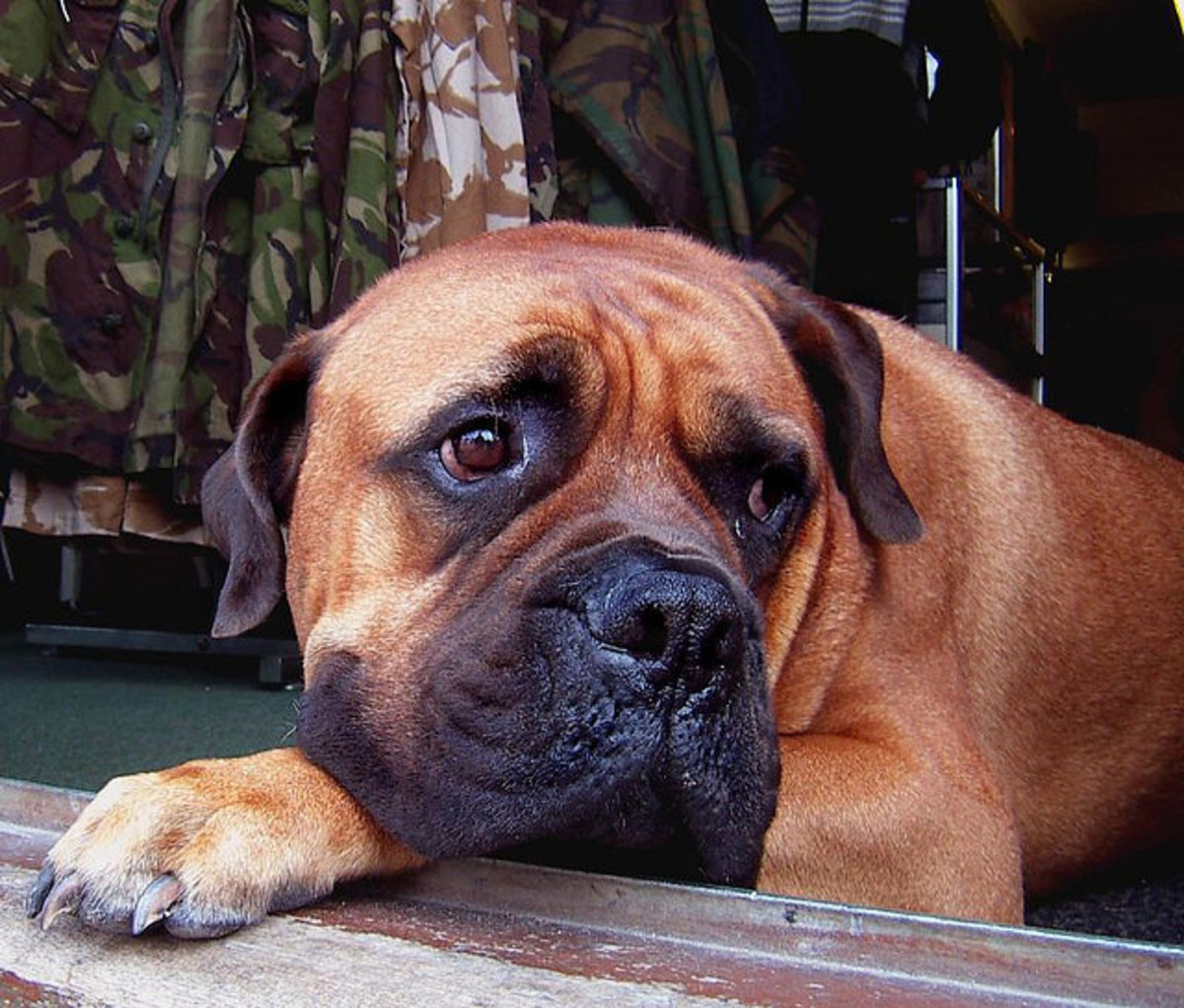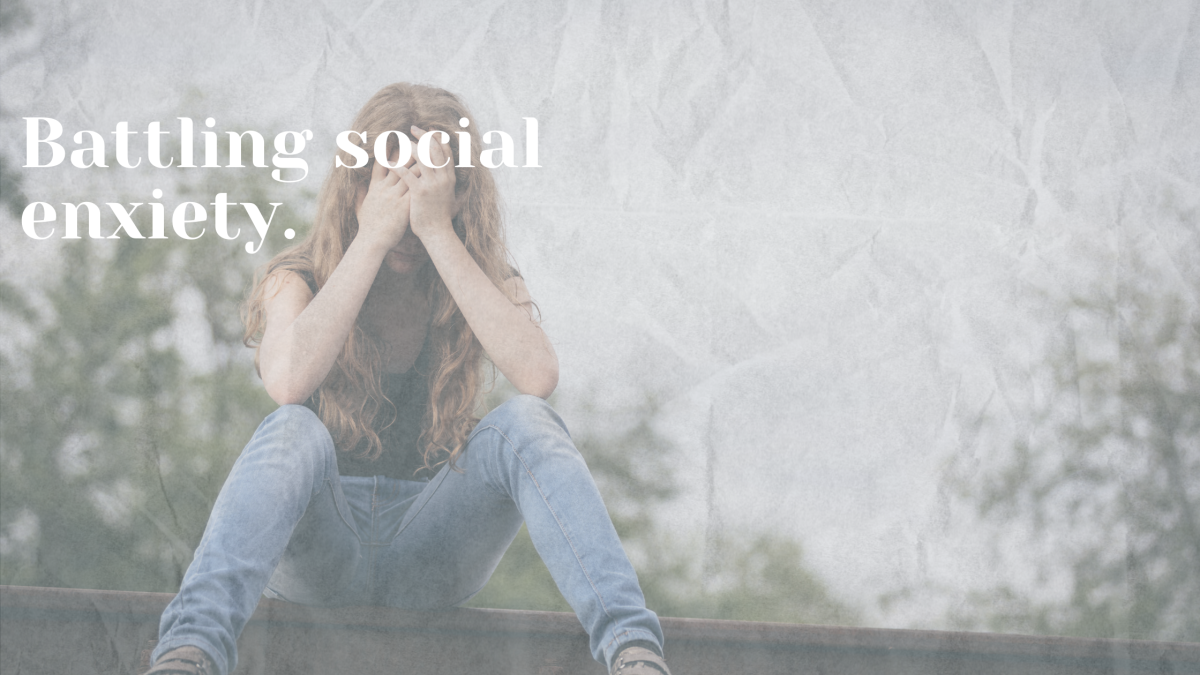- HubPages»
- Health»
- Mental Health»
- Anxiety Disorders
How to Overcome Social Phobia and Live a Normal Life
Introduction: The Social Phobia Stigma
All too frequently, anxiety crushes not only your spirit and your potential, but your ability to take care of your mind and body. ~Jonathan Davidson and Henry Dreher, The Anxiety Book: Developing Strength in the Face of Fear
7% of the world's population and 3.7% of Americans are affected by this debilitating mental condition that is so prevalent it has become the third worst mental problem known today - Social phobia or as it is more commonly known - social anxiety disorder. Just what is this crippling condition and what makes it take root in our lives? Are we born with it? Most importantly - can we cure it?
Those questions are about to be answered.
Social Anxiety/Social Phobia
In the course of this hub, I shall be focusing solely on the crippling effects of social anxiety and social phobia as these two in particular can seriously limit a person's opportunities in life. I know, as I myself am a sufferer of this disorder, however, thanks to the use of certain anti-anxiety techniques that I will share with you, I have learned how to overcome social phobia. In my experience, drugs don't help with social phobia, at least not long term. Drugs cause all kinds of side-effects not to mention the dependency you come to have upon them. It's best to face social phobia through cognitive therapy, not necessarily administered by a counselor but specifically by you, the sufferer. I'll show you how. We'll get through this together.
So without further ado, let's begin.

What is Social Phobia? Social Phobia explained.
The Social Phobia Conundrum
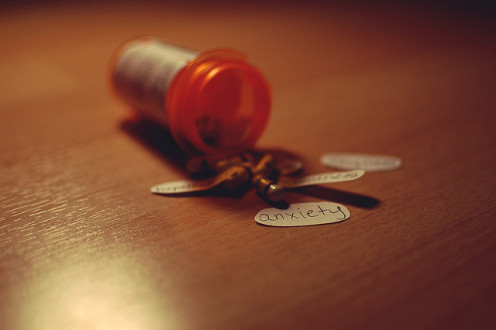
Social Phobia Facts and Figures
- In the U.S. anxiety disorders are the most common of all mental disorders with over 40 million sufferers.
- Roughly 7% of the world's population suffers from Social Phobia.
- Social anxiety/phobia sufferers are prone to turning to drugs and alcohol, presumably as a way of reducing the symptoms and the mental anguish that goes with social phobia.
- Social Phobias sufferers generally fear humiliation in public and therefore avoid social situations.
- 6.6% of social phobia suffers continue to suffer even after the age of 60

Social Phobia Facts from the Horses Mouth
Are you suffering in life as a result of social phobia/social anxiety disorder?
Social Anxiety Disorder Cripples Our Social Aptitude
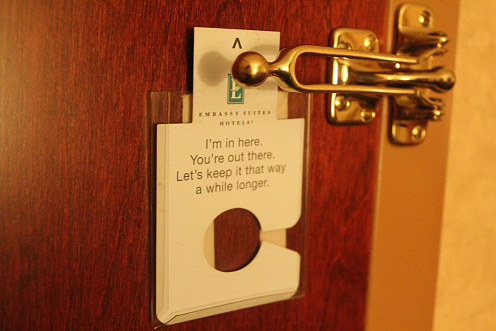
Just to Make Sure, Let's do a Quick Social Phobia Detection Test
view quiz statisticsSocial Phobia Sufferers are Misunderstood
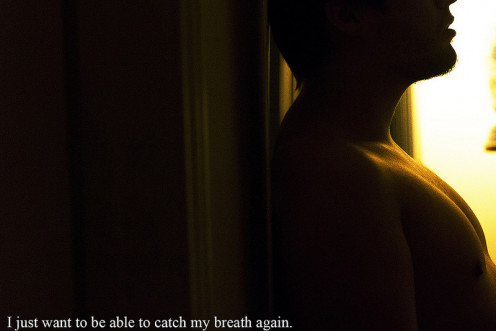
Overcoming Social Phobia - Your Guide
The View from the Other Side
So we have social phobia. Most of us don't know what this thing is that controls us and causes to want to hide away in a dark room and curl up, forgetting a world that doesn't understand us or want to listen - but we can't.
Responsibilities, families, income worries and more keep us from being able to fully slip under that rock, so dark and inviting where we can be away from the scrutiny we fear so much. Basically, we know what it is, us sufferers.
It's a fear of being judged, belittled, complimented, criticized and you name it. If it involves people and especially in groups or even more frightening - crowds, then we'll fear it to some extent. Obviously there are types but as a whole, they overlap and boil down to the same thing - intense fear.
To others though, we are aloof, shy, weird, strange, unfriendly, unsociable, soft, weak, unappealing, unworthy and every other word in kind. This is simply because the general population does not understand us. They can't be blamed for that. It's a stressful and competitive world and we can't expect them to take time out from their own struggles to attend to ours.
Therefore, we must disregard the view from the other side and take matters into our own hands.
Research social phobia in order to begin to overcome social phobia.
Let's continue.

“When all by myself, I can think of all kinds of clever remarks, quick comebacks to what no one said, and flashes of witty sociability with nobody. But all of this vanishes when I face someone in the flesh: I lose my intelligence, I can no longer speak, and after half an hour I just feel tired. Talking to people makes me feel like sleeping. Only my ghostly and imaginary friends, only the conversations I have in my dreams, are genuinely real and substantial.”
― Fernando Pessoa

Fight or Flight response originating in the Amygdala a Cause of Social Phobia

An Interesting Quote:
If you are physically sick, you can elicit the interest of a battery of physicians; but if you are mentally sick, you are lucky if the janitor comes around. ~Martin H. Fischer

What Causes Social Phobia? - The Amygdala Hyperactivity Problem
A major step then, on the road to overcoming social phobia is to first understand it and why you are affected by it. Just what is it, that causes a person to hyperventilate, sweat, blush and shake when faced with the possibility of having to interact with people? I've done some research and come up with a few ideas to help you understand the condition a little better.
Anxiety Cause One
The Amygdala Hyperactivity problem: The part of our brain called the "amygdala" has been shown to be responsible for fear and response to social threat. However, in some cases, as in the case of the 40 million or so cases of social phobia in America, the Amygdala is abnormally large and therefore thought to be responsible for the extreme fear sufferers of Social Phobia experience.
An experiment conducted at the University of Chicago to measure the effect of the Amygdala on the severity of Social Phobia showed that the Amygdala does indeed impact the severity of Social Phobia symptoms.
METHODS:
Ten subjects with GSP naïve to psychotropic medications and without psychiatric comorbidity and ten healthy comparison subjects matched on age, gender, ethnicity, and education completed the Liebowitz Social Anxiety Scale and underwent high-field (4Tesla) functional magnetic resonance imaging while viewing blocks of emotionally salient faces.
RESULTS:
Relative to happy faces, activation of the amygdala in response to harsh (angry, disgusted, fearful) faces was greater in GSP patients than in controls, and the extent of amygdala activation was positively correlated with severity of social anxiety symptoms, but not general state or trait anxiety levels.

Social Phobia Signs and Symptoms
Emotional Symptoms of Social Phobia
| Physical Symptoms of Social Phobia
| Behavioral Symptoms of Social Phobia
|
|---|---|---|
Afraid of being scrutinized by others
| Dizziness
| The avoidance of social situations even if it means your career, friendships and relationships suffer
|
Self-conscious whilst in social situations
| Sweating
| Remaining silent during social events and gatherings in order to avoid being the focus
|
An intense fear of upcoming social events even months before
| Blushing
| Drinking alcohol in order to cope better with social situations
|
The constant worry that you'll make a fool of yourself
| Shaking
| Needing to always be accompanied by a friend when going somewhere
|
Fear of others noticing that you are nervous
| Racing heart
| |
Shortness of breath
|

Symptoms of Social Phobia
.
.
.

Social Phobia Often Starts in Childhood Especially Amongst Shy children
According to Jerome Kagan , a professor of psychology at Harvard University. His studies showed that if a child of 2 years old is profoundly shy, then later on in life, he/she is much more likely to suffer from Social Phobia than a child that is less inhibited.
All it takes is one instance of bullying to kick start the vicious cycle that leads to Social Anxiety Disorder as an adult. Take for example, an 8 year old child who is bullied at her new school because she is too sheltered by her parents and therefore lacks social skills. The bullying might cause her to withdraw and hide herself away from the world, leading to a whole range of anxiety signs like low self-esteem, lack of social interaction, underachievement and finally Social Phobia. Along with the intense fear of others, a Social Phobia sufferer is also chronically ill because of an overproduction of stress hormones like Cortisol. In conclusion, it is of paramount importance that parents allow their children freedom to express themselves, and make the effort to give their children opportunities to interact with others as early as possible.
Social Phobia is Caused by Environmental Factors
It is well known that if a child is brought up in an environment that is stressful and contains other members of the family who who have Social Phobia, then that child is highly susceptible to developing Social Phobia. There are some that argue Social Anxiety Disorder may be hereditary but it is more likely that a child unknowingly learns the symptoms from adults that are displaying the Social Anxiety symptoms. Again, this can be remedied by exposing the child to more social interaction from as early an age as possible, however, most sufferers don't understand their condition and therefore sadly, cannot prevent their children developing Social Phobia.
As we can see, stopping Social Anxiety from developing in teenagers is simply a matter of exposing young children to more social interaction. If your children are showing anxiety signs and seem to be shy and introvert, gently encourage them to get out and mingle more, because it may be the difference between them developing Social Phobia or not.

An Interesting Technique to Help with Overcoming Social Phobia
Anti-Anxiety Techniques to Help you Overcome Social Phobia
Act As If
When you are faced with an upcoming situation in which you are aware you normally feel anxious, try using this useful role play technique beforehand. Find someone you trust and are comfortable with, to be your partner and proceed to act out the upcoming situation with them. Act as you would like to act in the actual situation, you may actually surprise yourself with what you can do, and you will most assuredly improve your self-esteem and self-control when it comes to the real thing. Act out the situation until you are confident and assured that you can do the same thing when it comes to the real thing. Social Phobia is in simple terms, the fear of being judged and rejected by others, but if we practice continually the situations where this may occur, we will find that something wonderful happens. The fear begins to subside, in due time, say a few weeks or months from the first practice session and you are able to interact with people more comfortably.
Try it. Your spouse would be a good start or a family member whom you trust. Give it your best shot!

Overcome Social Phobia with Positive Self-Talk
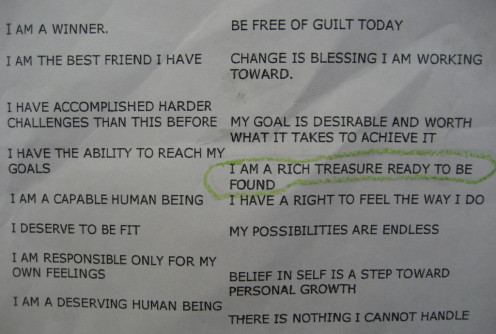
Self-talk
Just because a negative situation occurred once before, it doesn't mean that it has to be the same again. What happens though, is that we are so affected by a negative situation the first time, that it leaves an impression on us. The next time we are faced with the prospect of that situation again, we begin to display anxiety signs like negative self-talk, e.g., "Oh no, I can't go through that again!" Instantly assuming that we have no control, when in actual fact we do. If you control your self-talk and stop your mind from going off on these negative tangents, you can stop the anxiety that is developed by these trains of thought.
Each time you find you find yourself thinking negatively about a situation, halt the process and replace the thoughts with something more powerful and inspiring. It feels strange at first and you may experience doubt about the point of the whole thing, but that is normal. Your mind has grown used to thinking that way and needs to be retrained by constant monitoring and changing of our thoughts. Like a parent, disciplining and urging his children on to greater things, master your mind and the Social Phobia symptoms will decrease and eventually disappear.
Whenever you are plagued by negative thoughts that may worsen the effect of Social Phobia, distract your mind by immersing it in an activity. The brain can only focus on one activity at a time which means you don't have to dwell on those apprehensive thoughts attacking your mind like a swarm of ants. You can push them to the back of your mind and focus on something else.

A Wonderful Book for Social Phobia Sufferers
Distractions:
1. Exercising
2. Listening to music
3. Reading a good book
4. Swimming
5. Gardening
6. Surfing the internet
7. Talking to a positive friend
8. Watching a video tape - something funny
9. Walking around the block
10. Playing with or walking your pets
11. Going for a ride in the car
12. Sit down, de-stress, and slow talk to yourself
13. An interest or hobby you enjoy
14. Singing or humming along to music
Anxiety Diary
Keep a daily diary of all the moments throughout your day when you feel anxiety. It helps that you think about and analyze your anxiety so that you may understand it more and face it down, instead of limiting your life by hiding yourself away behind closed-doors.

Conclusion
Phew! So you have finally reached the end of this particular journey, however, your journey to recovery is far from over. Mark my words though - you CAN recover from social phobia. All it takes is the desire to do so no matter what.
So what if you have to go it alone. I did and I beat it - mostly.
The first and most important step in my book is to entrust the responsibility of your recovery to yourself. Actively seek recovery instead of allowing yourself to succumb to the condition.
Understand this:
1. You experienced trauma.
2. Your wonderful brain mechanism designed to protect you 'felt' and 'saw' that you suffered as a result of the situation.
3. It created a safety net whereby whenever that situation arose or threatened to arise again, you would be filled with adrenaline and ready to flee or fight.
4. Therefore, these symptoms you experience are as a result of a program, one which is designed to keep you safe because essentially YOU told your brain to protect you from the situation by reacting the way you did. Your safety mechanism cannot choose, it can only be TOLD.
5. You programmed it. You can deprogram it or program it with something else that suits you.
I'll leave you with this nice quote for social phobia sufferers:
Do not be too timid and squeamish about your actions. All life is an experiment. The more experiments you make the better. What if they are a little course, and you may get your coat soiled or torn? What if you do fail, and get fairly rolled in the dirt once or twice. Up again, you shall never be so afraid of a tumble. ~Ralph Waldo Emerson
You Can Overcome Social Phobia!

